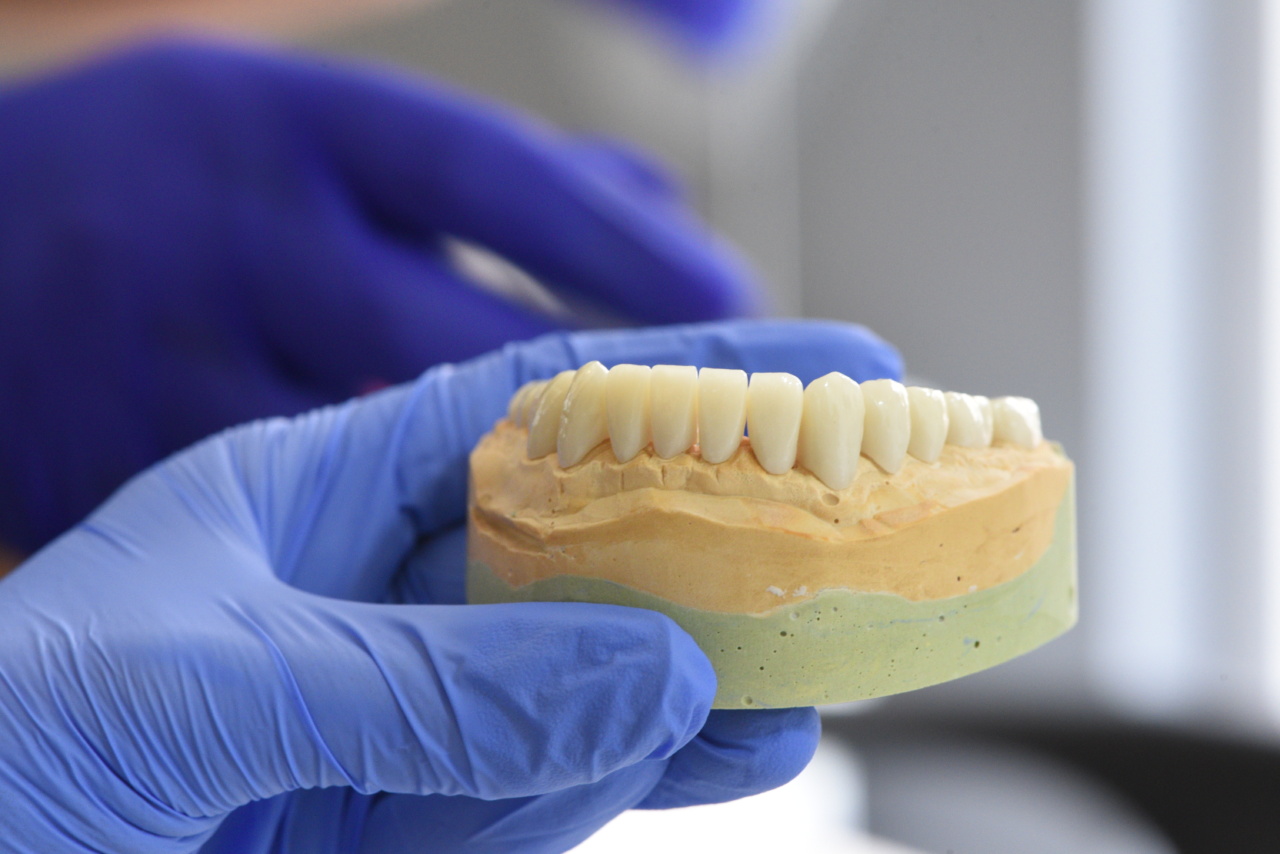Jaw surgery, medically known as orthognathic surgery, is a major surgical procedure that can correct irregularities in a person’s jawbone structure.
Jaw surgeries are complex and expensive procedures that many people require to improve their quality of life. However, the cost of such surgeries can be a significant burden for many individuals, especially those who do not have health insurance.
Why Is Jaw Surgery Necessary?
Jaw surgery is necessary for individuals with a range of oral and facial abnormalities. These abnormalities can negatively impact a person’s breathing, speaking, chewing, and overall facial appearance.
Some of the most common reasons why people require jaw surgery include:.
- Cleft palate or cleft lip and palate
- Growths or tumors in the jaw area
- Sleep apnea
- Temporomandibular Joint (TMJ) disorder
- Chronic jaw pain or headaches
- Improper bite (open bite, crossbite, or overbite)
- Facial trauma
Coverage for Jaw Surgery
Many people avoid getting jaw surgery because of the high cost. However, health insurance can cover most of the costs associated with jaw surgery. Almost all major health insurance policies provide coverage for orthognathic surgery.
Insurance providers understand the importance of jaw surgery and provide coverage for these treatments if they are medically necessary.
To qualify for insurance coverage, the person needs to demonstrate that their surgery is a medical necessity. These surgeries must be deemed “medically necessary” by an insurance company’s criteria to qualify for coverage.
The patient’s insurance provider will review their case and the surgeon’s recommendation to determine whether the surgery is medically necessary.
Most insurance providers will likely require that the patient has tried alternative treatments before proceeding with surgery, such as speech therapy or orthodontic treatments.
Insurance providers will also require that the surgeon submits a pre-authorization request before the surgery is conducted. This request includes an evaluation by the surgeon, including diagnostic tests and x-rays of the patient’s jaw.
Exceptions
While most health insurance policies include coverage for orthognathic surgery, there may be some exceptions. Depending on the patient’s insurance provider, they may have to pay a portion of the remaining costs.
Patients are responsible for deductibles, co-payments, and coinsurance amounts that are not covered by their insurance plan. They should consult their insurance provider to get a better understanding of their coverage and the associated costs.
Additionally, some insurance plans exclude pre-existing conditions from their coverage, or may not extend coverage to certain types of surgeries.
Patients are encouraged to review their insurance coverage and understand the terms and conditions related to their coverage before proceeding with any surgical treatments.
Conclusion
Jaw surgeries are complex and expensive procedures that can improve the quality of life for many people. The good news is that almost all major health insurance policies provide coverage for orthognathic surgery.
To qualify for coverage, patients need to demonstrate that the surgery is medically necessary and meet the criteria of their insurance provider. If medical necessity is established, insurance plans can provide coverage for a significant portion of the cost of the procedure.

























